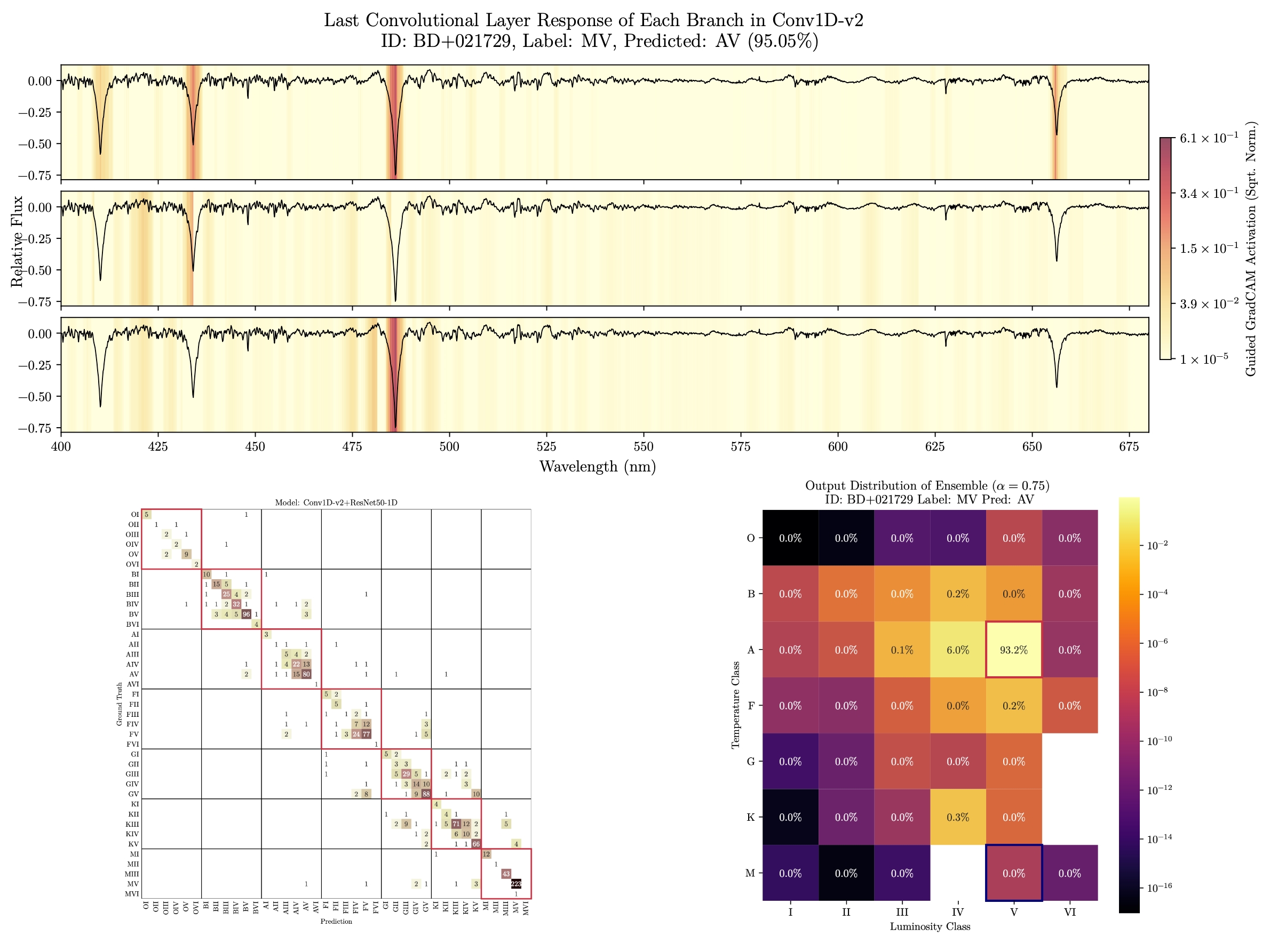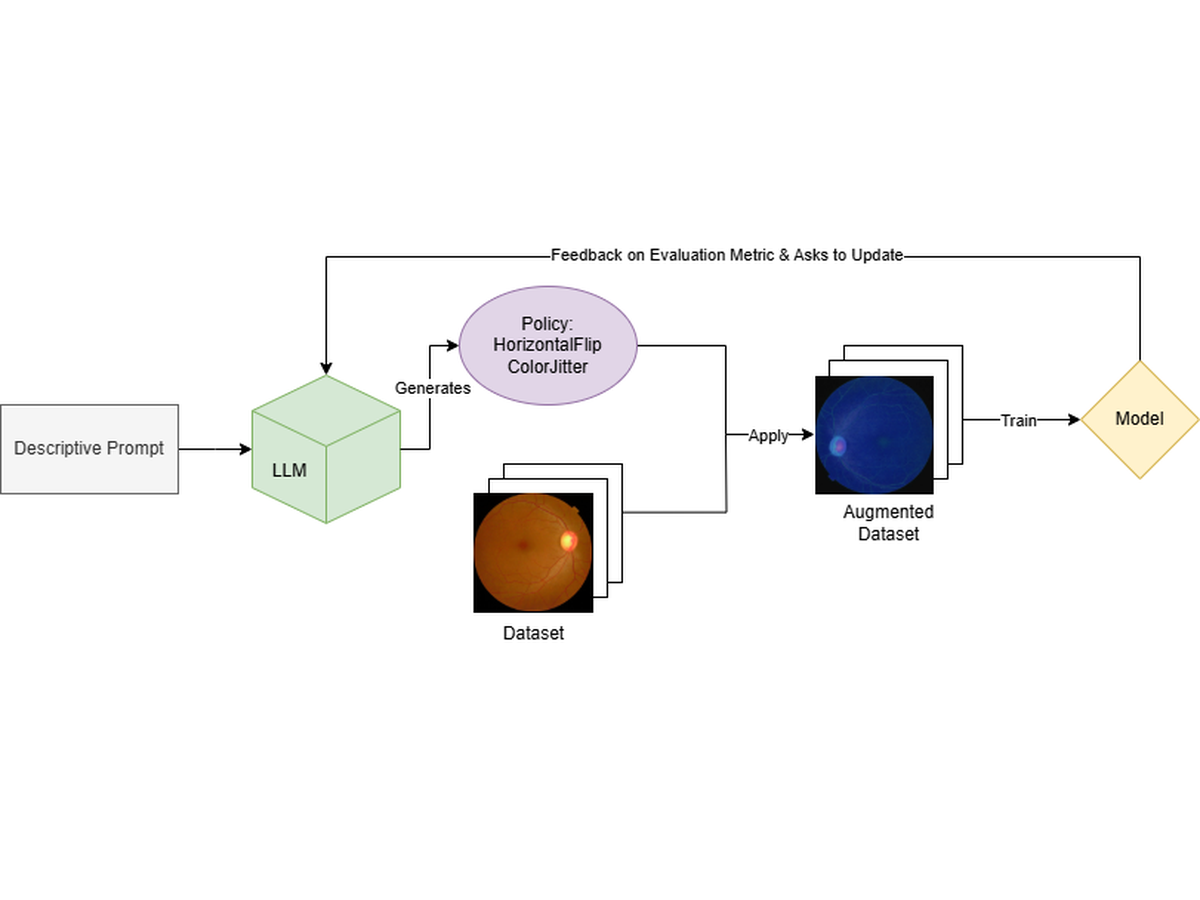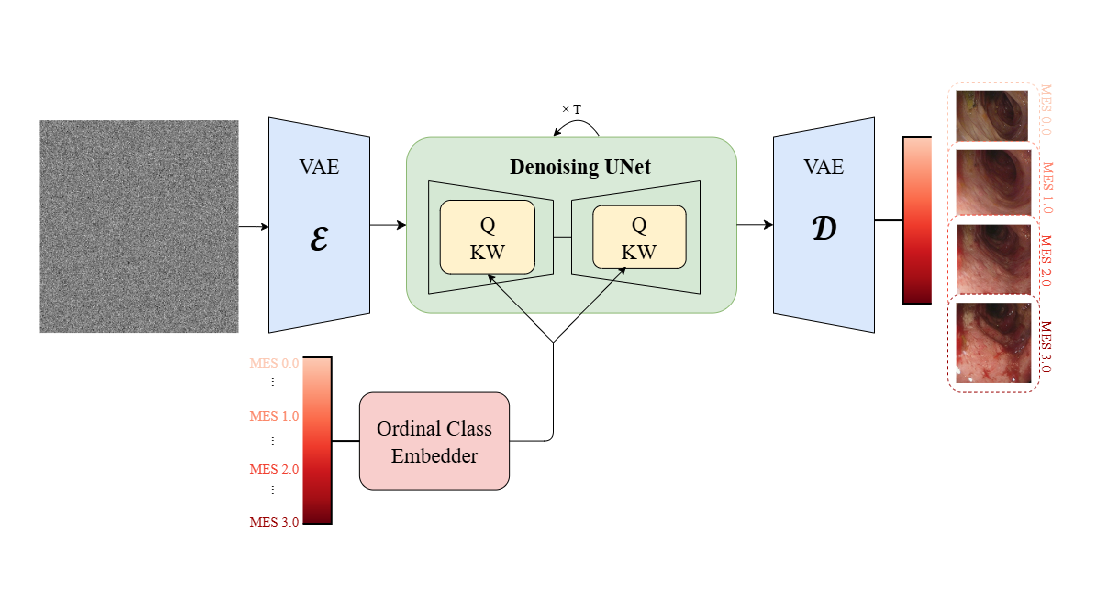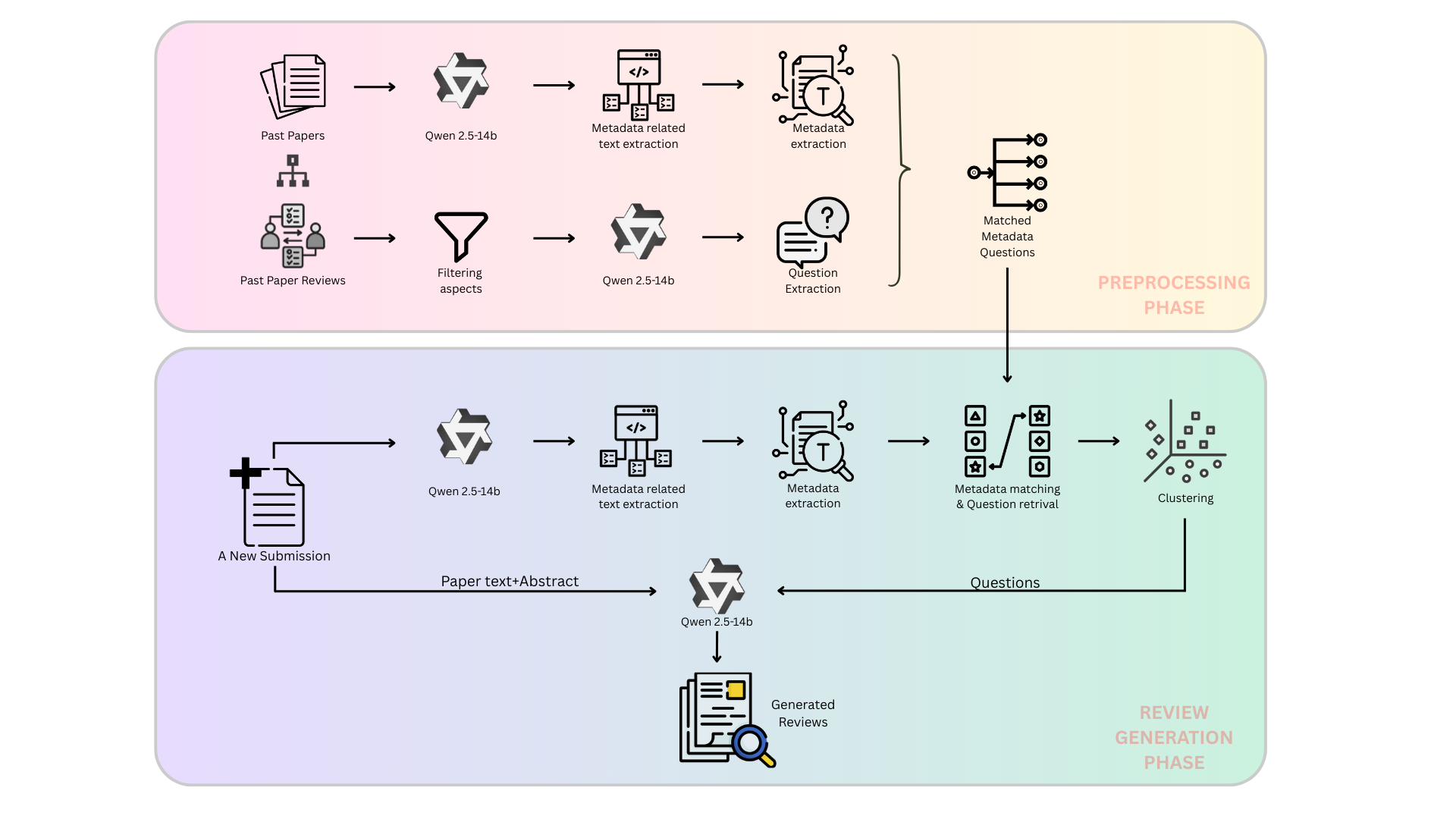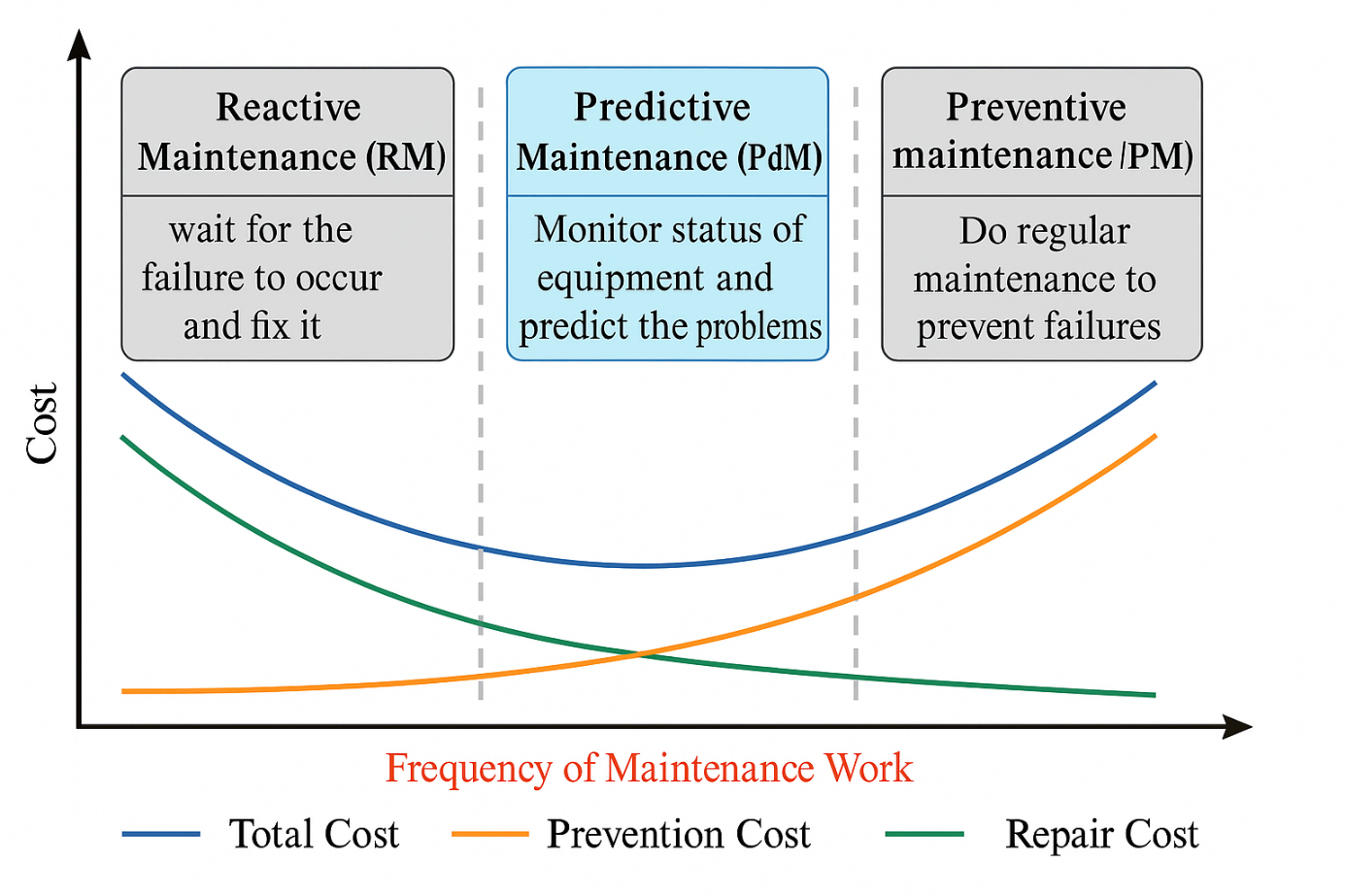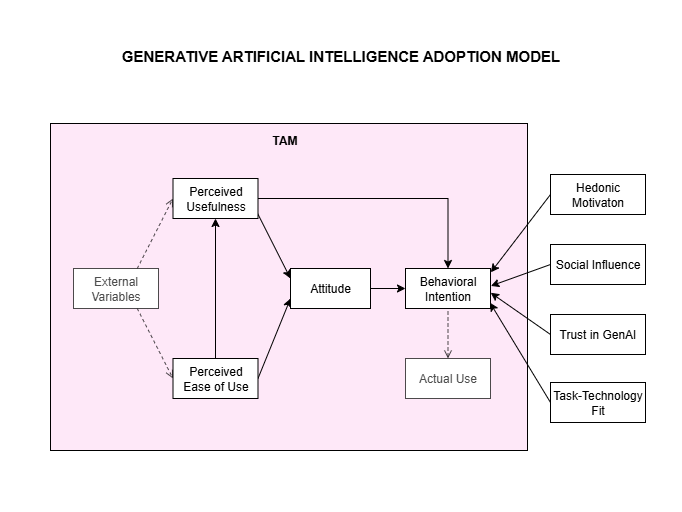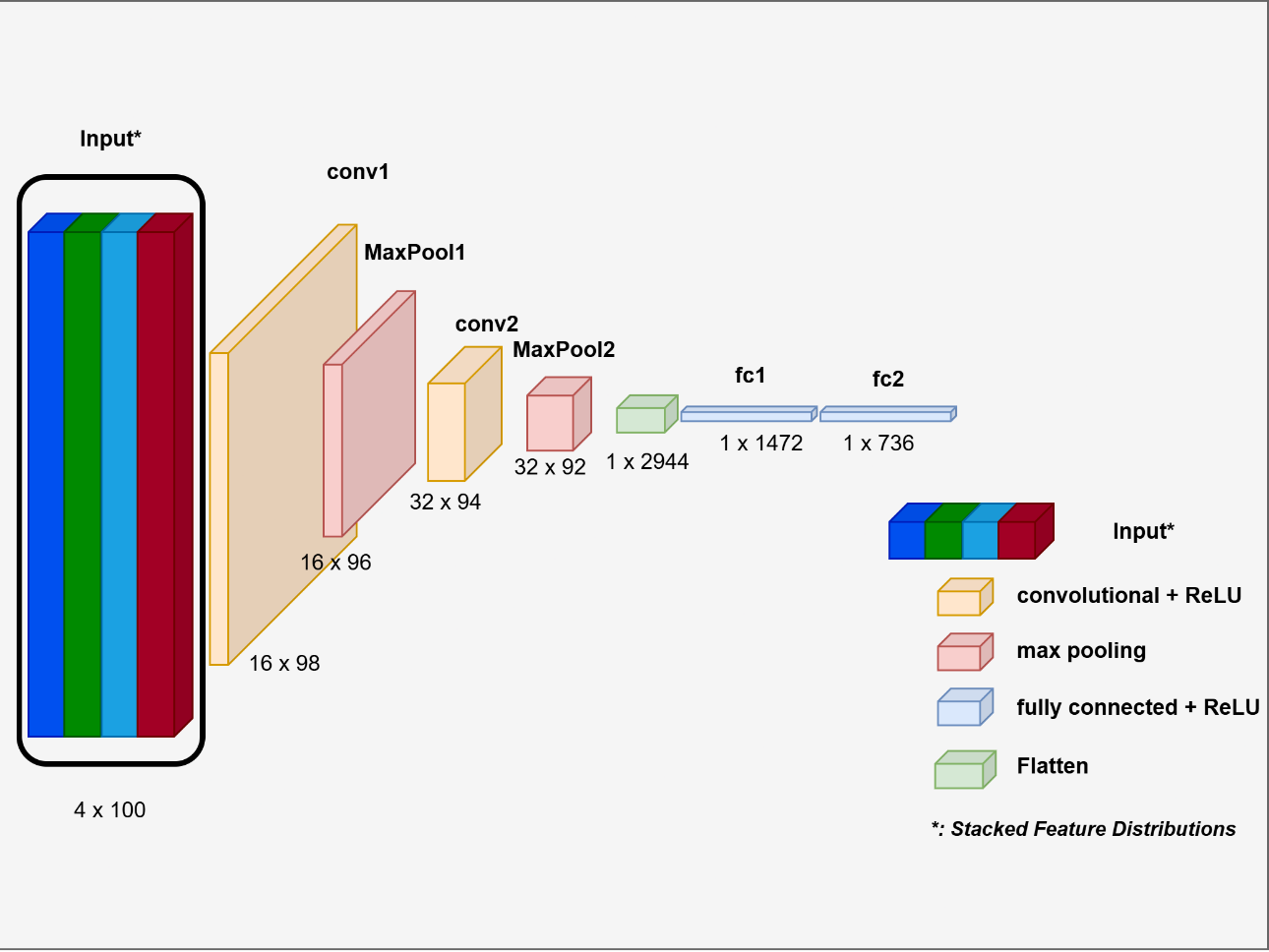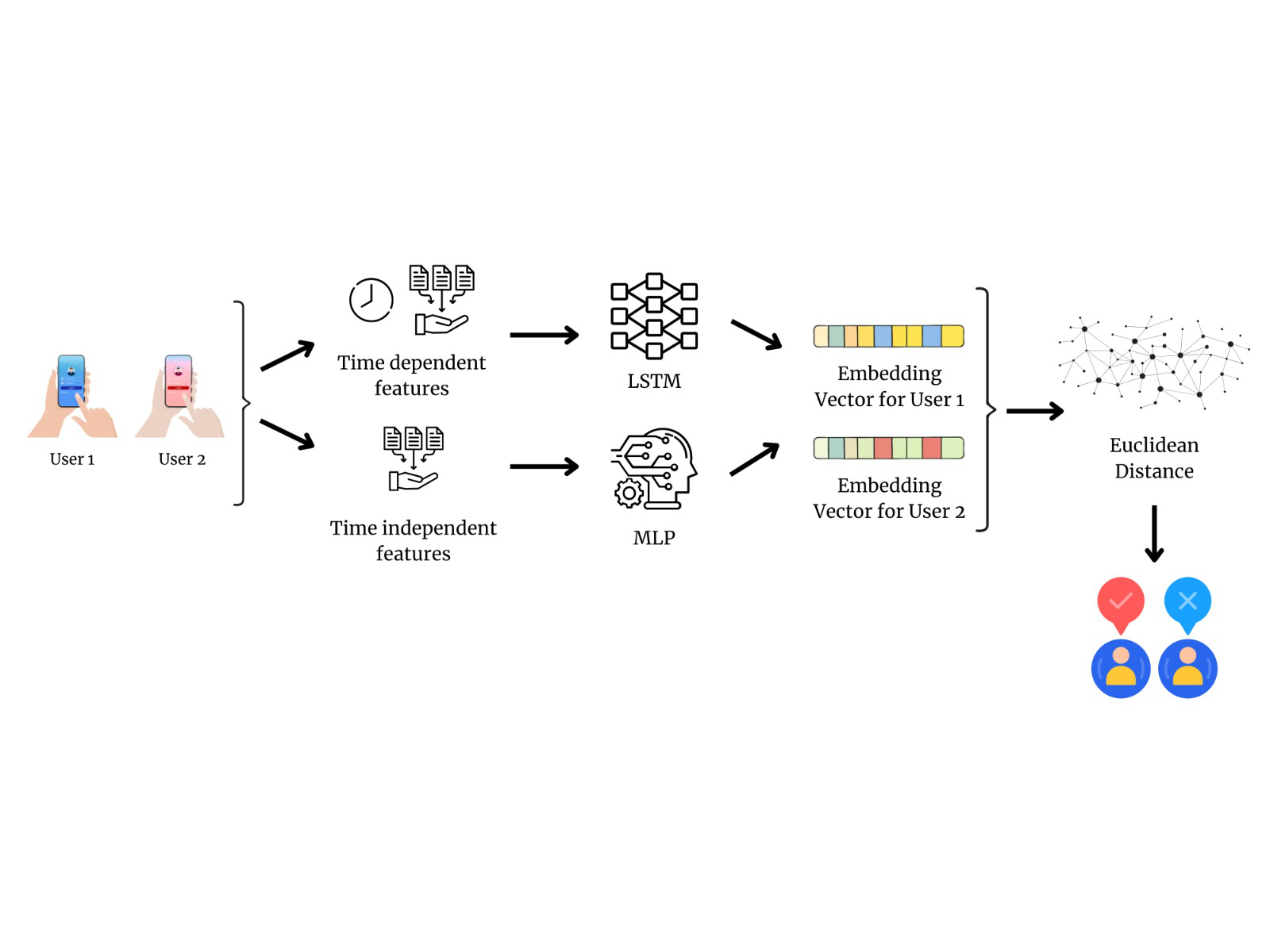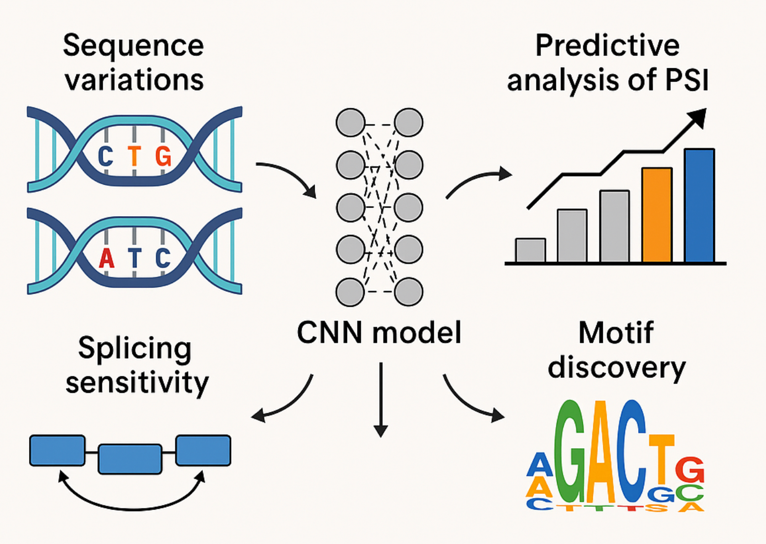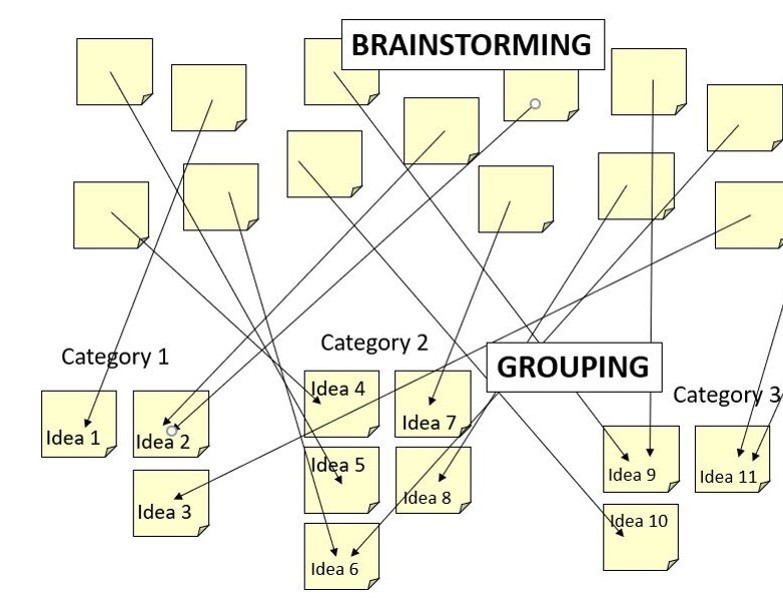Volga Sezen, Joint Temperature-Luminosity Classification of Stellar Spectra with a Distance-Aware Loss Function
Modern sky surveys generate large data volumes, increasing the need for automated analyses. In this work a stellar spectral dataset from five libraries was assembled and relabelled via SIMBAD. A three-branch 1-D CNN was developed to jointly predict MK temperature and luminosity classes in a single pass. Errors were weighted in a custom loss by their distance on the MK grid. Performance remained stable under circular shifts up to 3 pixels. An ensemble with a custom ResNet50 achieved macro-F1 67.6% and kappa 98.3/88.4, and statistical gains confirmed via bootstrapping. Grad-CAM indicated features of focus overlapped with known molecular bands.
Date: 28.08.2025 / 13:30 Place: B-223
